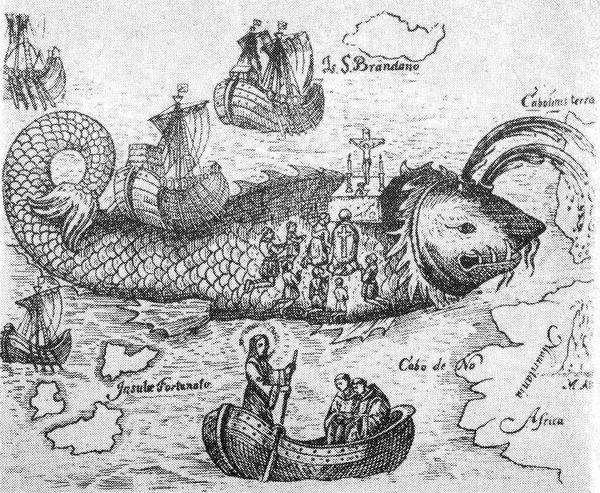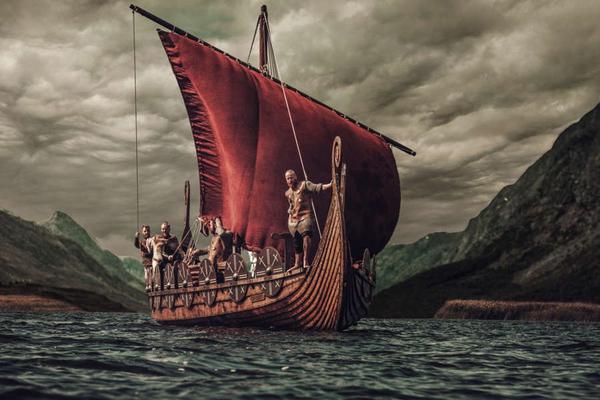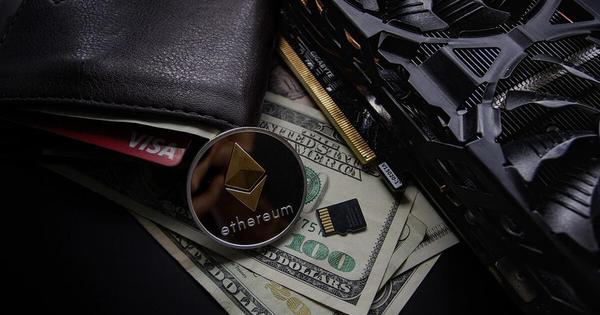Academic
•
19th May 2020
Donegal and the Viking-Age: A Campaign for the North Atlantic Sea Lanes
The ambitious campaign to re-orientate the islands and coastline of the North Atlantic sea lanes to dependency upon Cenél nEóghain inevitably encountered its challenges, such is the nature of interdependence between people, groups, and nascent kingdoms. The Scandinavian diaspora developed a strong legacy in the Hebrides, and although their value to the Irish kings was no doubt felt and increased over time; demanding strategic marriage alliances, additional land, and possibly a kingship, there was always an element of being other to the natives, particularly to the ruling kings and clans of Donegal.
Even the development of high-status Hiberno-Scandinavian identities could ultimately not trump the power of being a native nobleman. In part, it was the impenetrability of Ireland, of Irishness, that encouraged their movement further north into Iceland. Through distant mirrors, we see the flecks of that Irish influence glinting beneath the lava flows and sparkling in the rhythms of their verse. And so, it comes as no surprise when we hear reports from geneticists that the greatest genetic affinity of ancient Icelanders is with the modern-day people of the Hebrides, and of Donegal.









